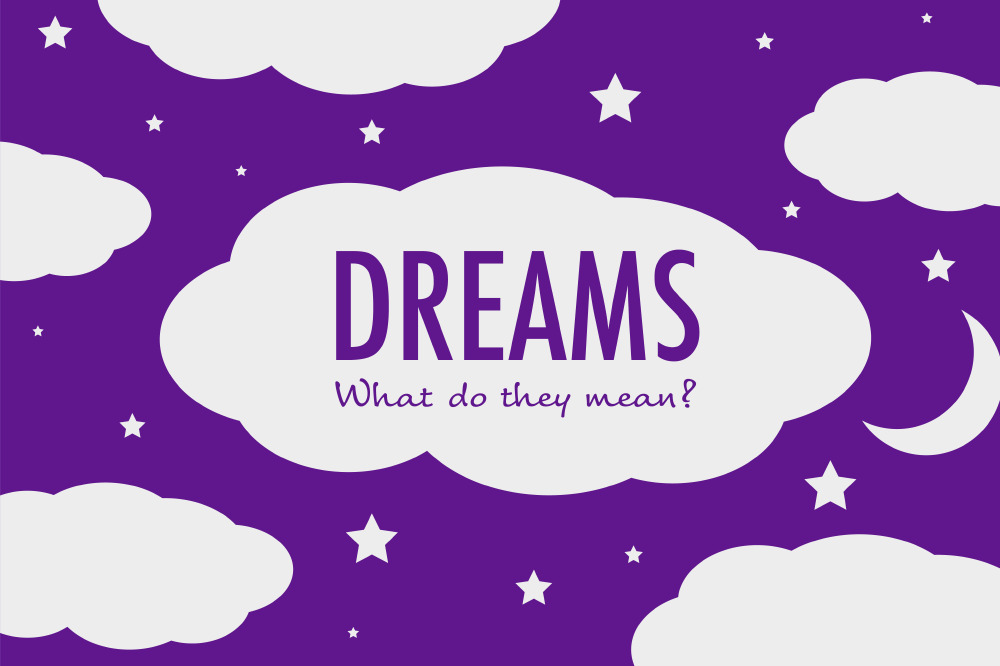‘What do you work as?’ is a question we’ve all been asked in one form or another. What we do for a living often forms part of our identity, or an identity ascribed to us by other people.

Tiger Skin Rug
A year on from my debut novel being published, and with other books in the pipeline, I still find it difficult to know how to respond when asked what I do. Writing for children is somehow my ‘other’ job, the real one being my salaried, nine-to-five work at a study-abroad centre – though even that post is varied, part time and almost always requires explanation.
‘Don’t give up your day job’ is common advice for writers and artists. There are umpteen reasons why being a children’s author might not be a standalone career. Financial (in)security is an obvious one – according to the Authors’ Licensing and Collecting Society, the median take-home salary of an author doesn’t meet the minimum wage. Age is a reason, too – many come to the task circuitously and from other sectors: 36 is the average age at first publication. Some writers simply don’t have opportunities to treat their passion as more than a hobby or side job; others see writing as a fruitful adjunct to existing work as teachers, librarians or, dare I say it, celebrities.
‘Write what you know’ is another nugget offered to aspiring authors. I would tweak this advice: write from what you know. Some of this knowledge will be from work, paid or unpaid, along the way. My work had been in academic research and teaching, with a focus on migration and minority identity. My craft was to tell other people’s stories, not my own. My current post centres on celebrating and respecting cultural difference. It’s not coincidental that these themes underpin the values in my first children’s book.
‘Own Voices’ in writing is when the author of a story is from the group being represented by a main character in that story. We need to see more support for Own Voices in children’s publishing. It’s important, however, that writers (and particularly those from marginalised groups) don’t feel confined to their own voice or to a label or perceived identity. Such entities or ideas are, after all, always under construction and often contested by those to whom they are applied. Labels can be powerful tools for positive change and levelling the playing field – Black Lives Matter – but our end goal as creatives should surely be to bring down barriers, not reinforce them.
One of the ways we label each other is through what we do for work on a daily basis. It is, like all aspects of identity, only one part of who we are and our individual life experiences. Life experiences are where stories, real and imagined, come from – take what you know and use it critically and imaginatively, and who knows where it will take you. So yes, hold on to your day job; it will help you do so much more than pay the bills.
Tiger Skin Rug by Joan Haig (Cranachan Publishing/£6.99) has been nominated for the CILIP Carnegie Medal 2021, and is showcased in the People’s Book Prize Winter 2020/21 competition – open to public, voting is at www.peoplesbookprize.com.
RELATED: What does it mean to dream about a rug?
One of the most common reasons for dreaming about this item is because you are ‘sweeping something under the rug’. You are covering up for something bad in your waking hours. It may not have become obvious yet, however you risk harming the reputation of your family or yourself by doing so... to read more click HERE


